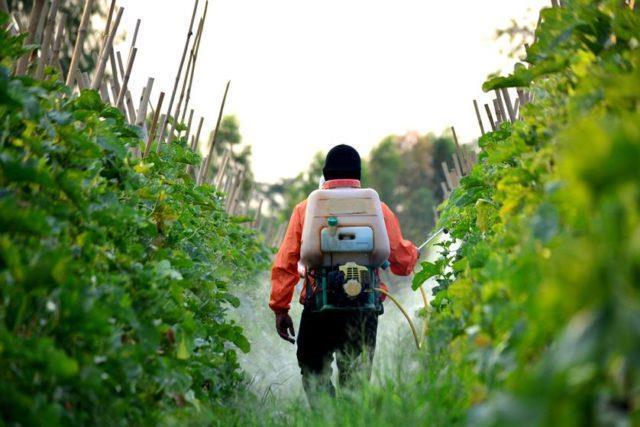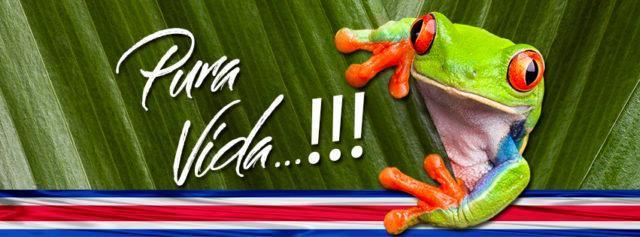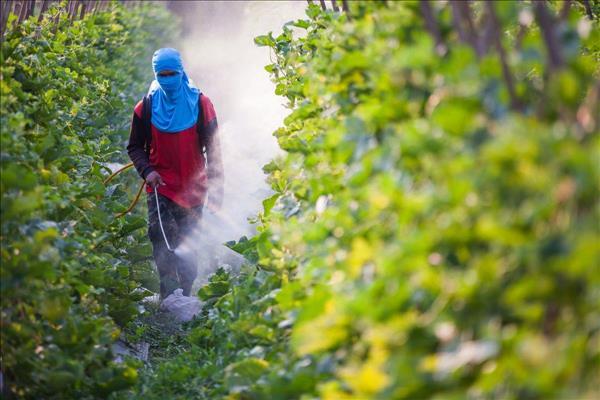
In Costa Rica, 1 Out of 4 Fresh Vegetables Is Contaminated with Pesticides
TheState Phytosanitary Systemhas published today the 'Report 2018 on Analysis of Pesticide Residues in Fresh Vegetables inCosta Ricaof National Production and Import Intention' generated by the Agrochemical Waste Control Unit. In this report, it reveals that 1 out of 4 fresh vegetables consumed in the country containpesticidesin amounts above what is allowed.
The Maximum Limits of Pesticide Residues (MRLs) 1, adopted in Costa Rica through Technical Regulation No. 35301-MAG-MEICS RTCR 424-2008 of Maximum Limits of Pesticide Residues in Vegetables is the norm by which the agro-toxic waste that food has.

Use of agro-toxics in Costa Rica is beyond the internationally acceptable standards
Among the crops that stand out for the amount of pollution they have are chili, coriander, tomato, and celery; while the imported ones highlight beans, rice, apples, and grapes among the most contaminated foods that come from abroad.
According to this report, the pesticide most frequently detected in domestically producedvegetables , in order of appearance, was the insecticide Cipermetrina, followed by the fungicide Carbendazine and the insecticides Imidacloprid, Chlorpyrifos, the fungicides Propamocarb and Tebuconazole, the insecticide Clorfenapir, the Azoxystrobin fungicide, and of the insecticides Deltametrina, Bifentrina, and Acefato.Glyphosatewas not analyzed as a residue because, at the time of the study to the Agrochemical Waste Control Unit, it did not have the necessary instruments to search for this specific herbicide.
Among the vegetables, non-traceable amounts of pesticides or even free of them are palm hearts, cocoa, corn, lemon, beans produced in the country, ñampí, and onion. From environmental organizations, we demand better controls on the importation, commercialization, use, and distribution of agro-toxic substances.
It is unfortunate that theMinistry of Agriculture and Livestock(MAG) itself, through its extension programs, works more like a poison seller, promoting pesticides throughout the country and rarely advising against their use.


Legal Disclaimer:
MENAFN provides the
information “as is” without warranty of any kind. We do not accept
any responsibility or liability for the accuracy, content, images,
videos, licenses, completeness, legality, or reliability of the information
contained in this article. If you have any complaints or copyright
issues related to this article, kindly contact the provider above.


















Comments
No comment